Artificial intelligence is transforming the workplace, sparking both optimism and anxiety. While some see it as a threat to jobs, others view it as a tool to increase productivity and create new opportunities. Experts say the real issue isn’t job loss, but how prepared we are for what comes next.
Others are reading now
Artificial intelligence is transforming the workplace, sparking both optimism and anxiety. While some see it as a threat to jobs, others view it as a tool to increase productivity and create new opportunities. Experts say the real issue isn’t job loss, but how prepared we are for what comes next.
A divided view of AI’s impact
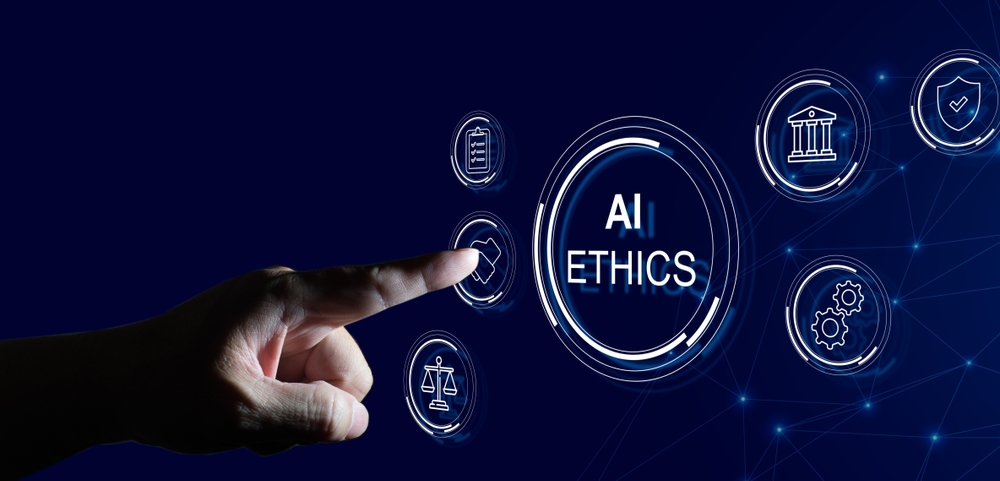
Since AI entered the mainstream, opinions have split. Some predict mass layoffs, while others see a chance to reinvent roles and industries. The truth may lie somewhere in between.
AI as a tool, not a threat
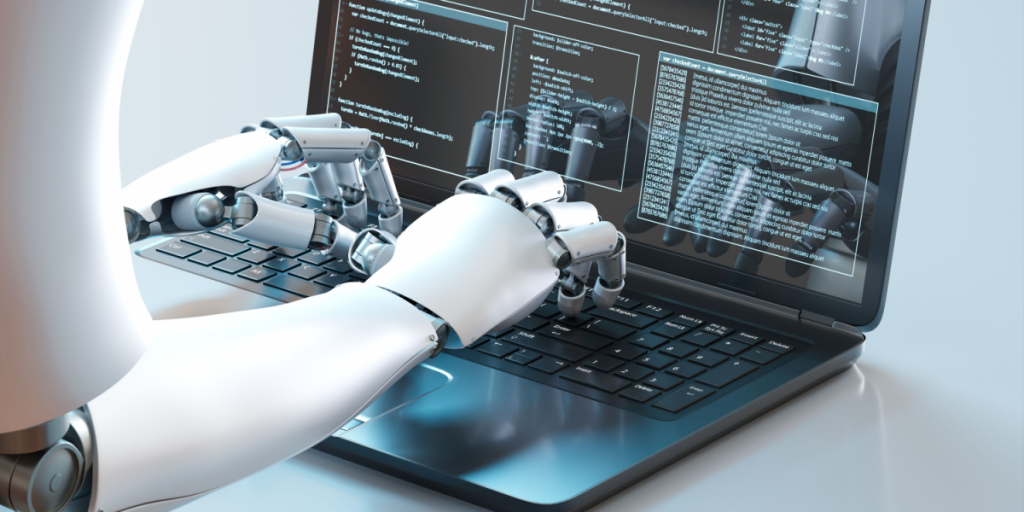
Technology experts emphasize that artificial intelligence is neither an enemy nor a friend. It is a tool—powerful when applied correctly, but not a substitute for human judgment.
Productivity gains with limits
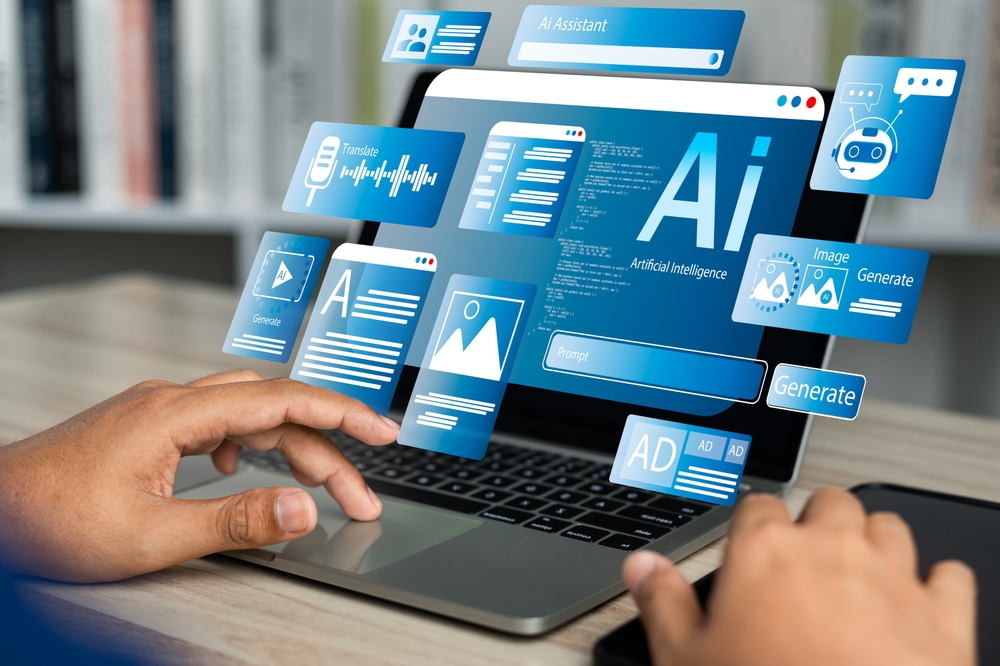
Workers acknowledge that AI can speed up routine tasks and boost efficiency. But strategic and moral decisions, experts argue, should remain firmly in human hands.
Preparing for new roles
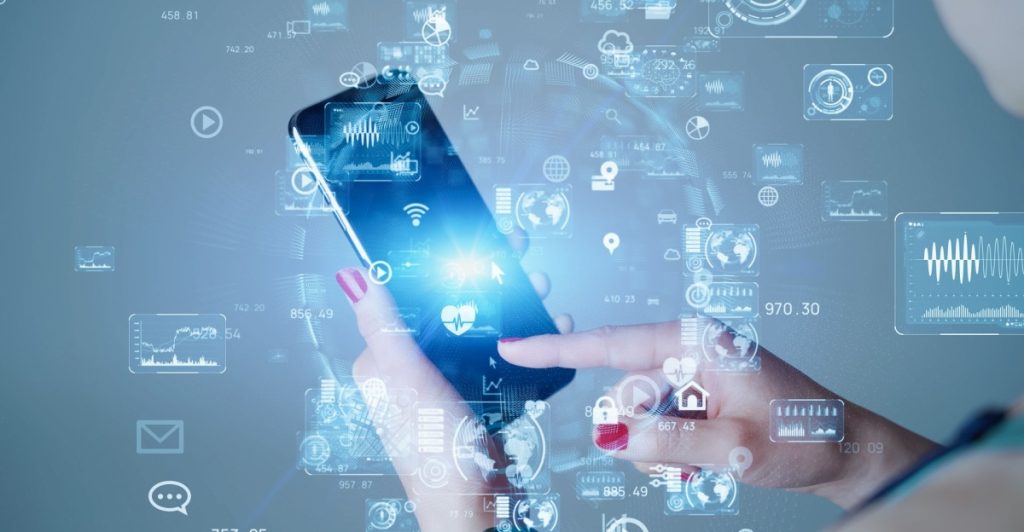
According to AI researcher Jorge Calvo, “The real challenge isn’t whether we’ll have jobs, but whether we’ll be prepared for the jobs that are coming.” Adaptation will be key.
Also read
Workers feel unprepared

A LinkedIn survey found that 41% of professionals feel overwhelmed by the pace of AI adoption, while a third admit to embarrassment over their limited understanding.
Optimism meets hesitation
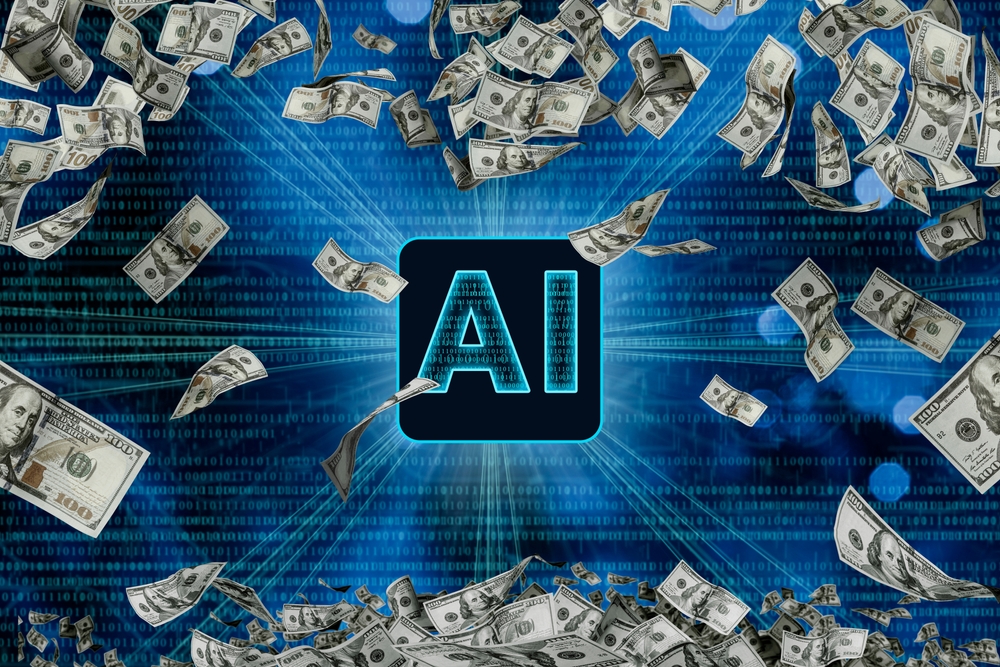
Only half of workers surveyed said they feel optimistic about AI’s rise. Many remain cautious, unsure how their own roles will evolve in the changing landscape.
Marketing and media among most affected
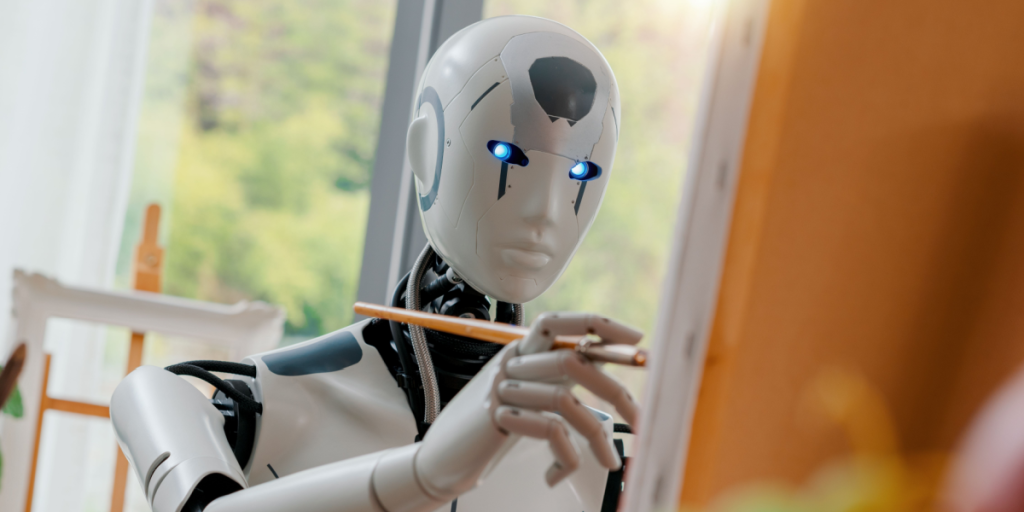
The study highlights sectors most likely to feel AI’s impact first, including marketing, human resources, communication, media, engineering, and creative fields such as art and design.
Jobs that rely on human presence
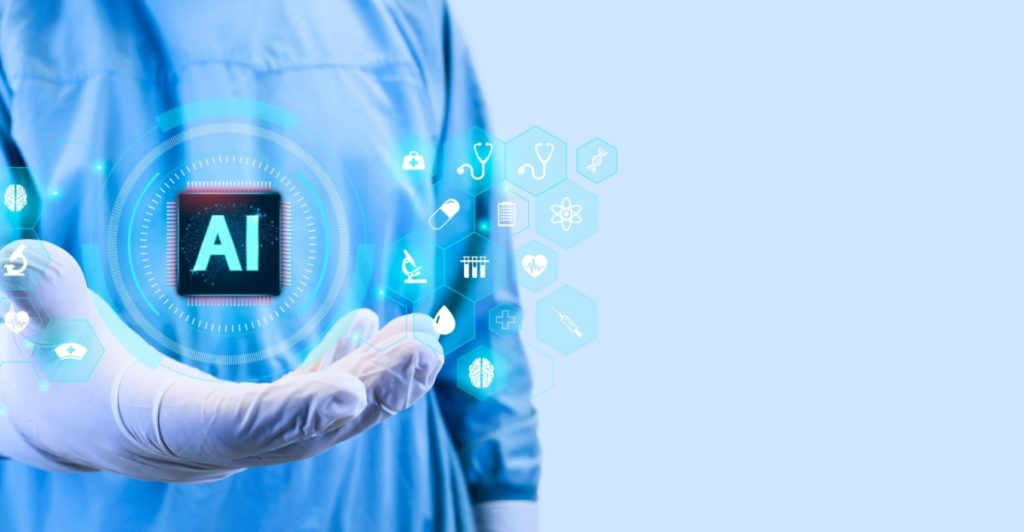
Roles requiring direct human interaction—such as social services, healthcare, real estate, and entrepreneurship—will adapt to AI more slowly, though change is inevitable.
A new balance of skills
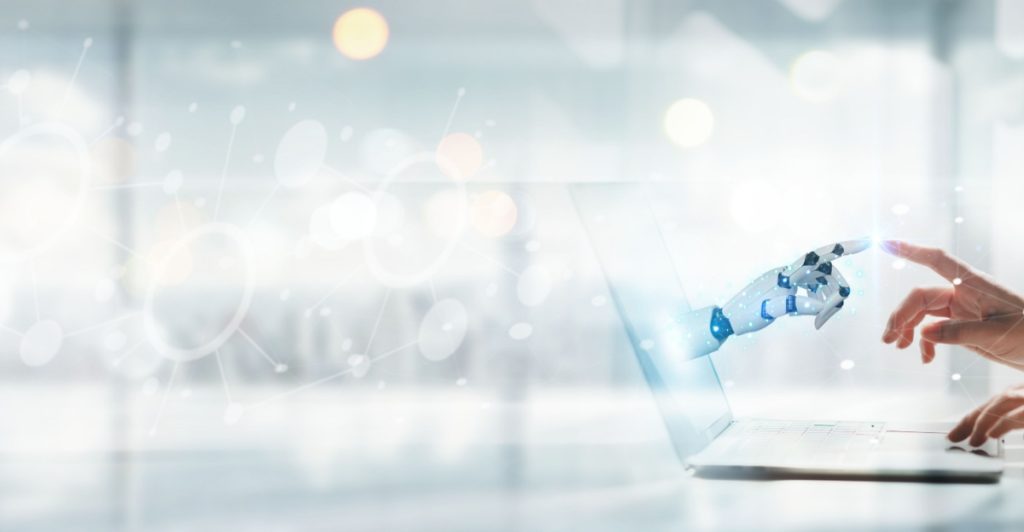
AI’s spread signals a shift in which technical efficiency is enhanced by machines, while uniquely human qualities such as empathy, strategy, and creativity gain importance.
Also read
Education and retraining needed
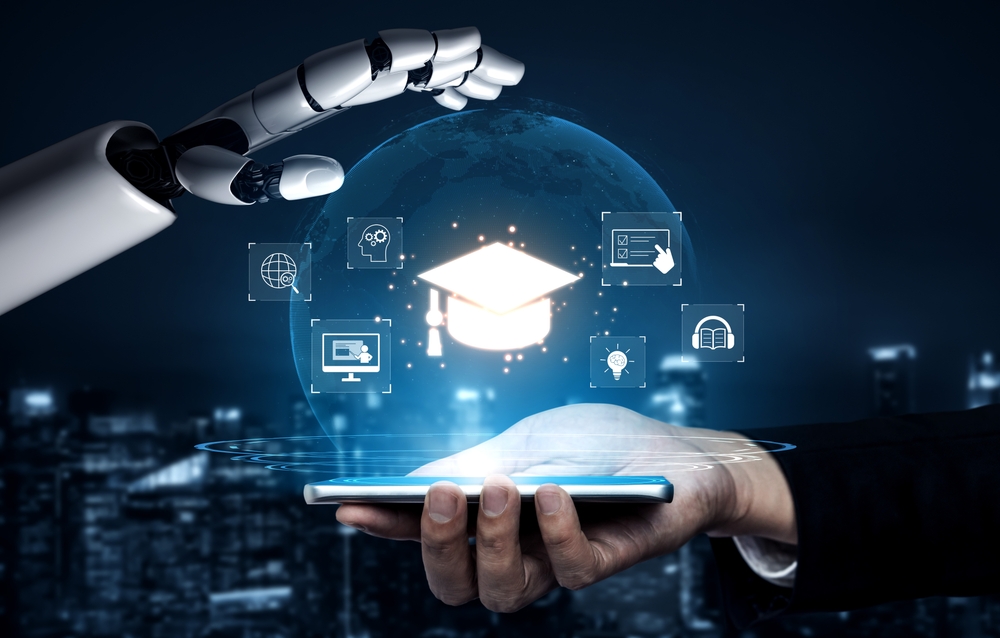
Experts stress the need for continuous learning and professional development so workers can reskill and upskill to remain competitive in an AI-driven world.
A future shaped by readiness
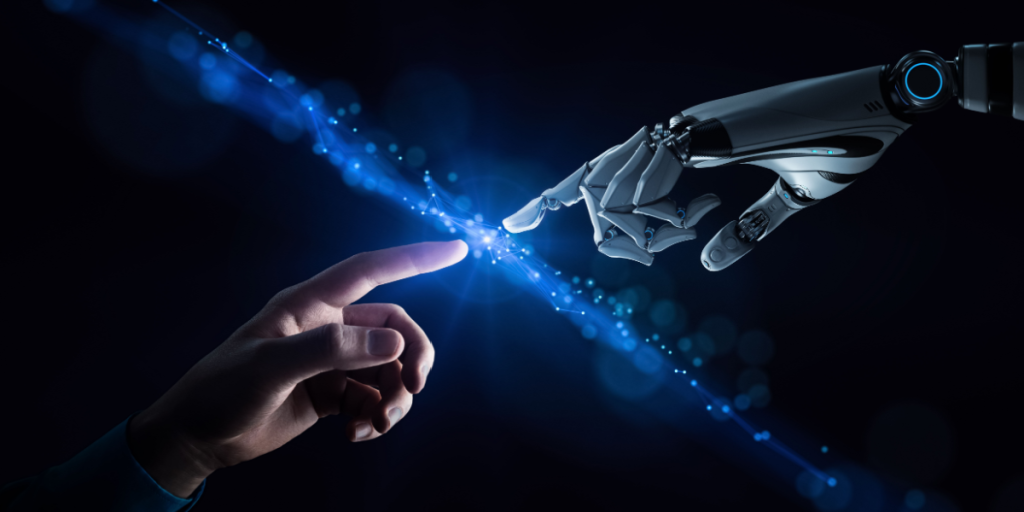
Whether AI creates more opportunities than it displaces will depend on preparation. For now, the clearest message is that readiness—not fear—will define the workforce of tomorrow.


